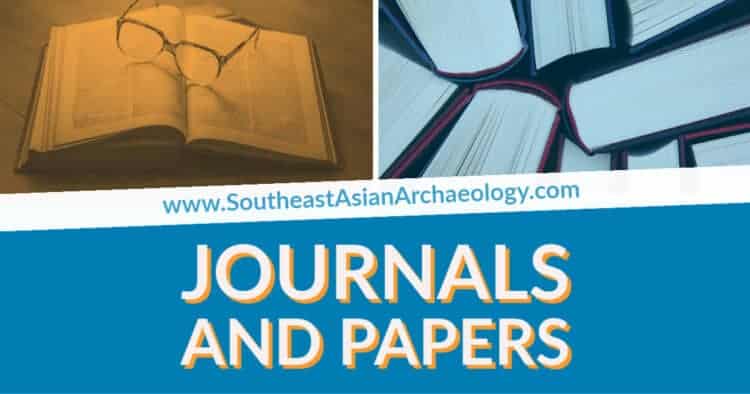Theme issue for Advances in Archaeological Practice. First drafts are Due 14 October 2022.
The editors of the Society for American Archaeology journal Advances in Archaeological Practice are seeking papers for a theme issue to be published in August 2023.
The goal of this theme issue is to illustrate how archaeology can serve people today and in the future. How is archaeology as service practiced in communities around the world? What approaches are used? We want to explore when archaeology serves as part of larger planning projects, when it is community-driven, or when the archaeologists themselves are from the communities they seek to serve. Such approaches are providing exciting directions for the field, as seen in Indigenous and Black Feminist archaeologies.
The idea of archaeology as service can be furthered through critical assessments along multiple axes. Is archaeology as service a valid concept? What are the apt theoretical orientations, ethical frameworks, and on-the-ground practices? How can power and historically fraught relationships be engaged to advance community interests without sacrificing scholarly values and standards?
We invite archaeologists to contribute project or program case studies. We are keen to receive contributions describing work that is state-, museum-, community-, and university-sponsored, as well as work grounded in both for-profit and non-profit cultural/heritage resource management (CRM/HRM) or in international development work. Authors are asked to note the context of the work conducted. We also ask authors to comment on how variation in funding, policy, and practice shapes the relationships that archaeologists have with the communities and stakeholders we work with—especially with communities who have been historically and politically marginalized.
The papers we would like to publish will be examples of hands-on projects that show archaeologists grappling with the real-world problems and the responsibilities of trying to apply their humanistic and scientific skills and knowledge in ways that are relevant at interpersonal, societal, or global levels. Collaborative authorship is encouraged.
The topics identified below are offered as starting points for consideration by prospective authors. We strongly encourage papers from authors who live or work outside of the U.S. and Canada.
Collaborations to ensure that traditional knowledge becomes part of interpretation or informs management decision making
Working in places of violence and trauma to be part of conversations around reconciliation and reparation
Working to recover casualties of recent wars
Documenting the creation of tribal CRM and Tribal Historic Preservation offices in the United States, or the work tribal archaeologists do to recover their ancestors through state, federal, and international laws
How archaeological research relates to the construction of modern ethnic identity and the related management of ancestral landscapes.
Using information about past foodways or past diseases to inform modern community health
Considering the role of CRM/HRM in serving developers, states, and communities
Use of archaeological information to help plan for climate-related adaption and to develop strategies for resilience













![[Call for Papers] Decolonization of Southeast Asian Studies](https://www.southeastasianarchaeology.com/wp-content/uploads/2024/07/logo-rcsd-full-120x86.png)











